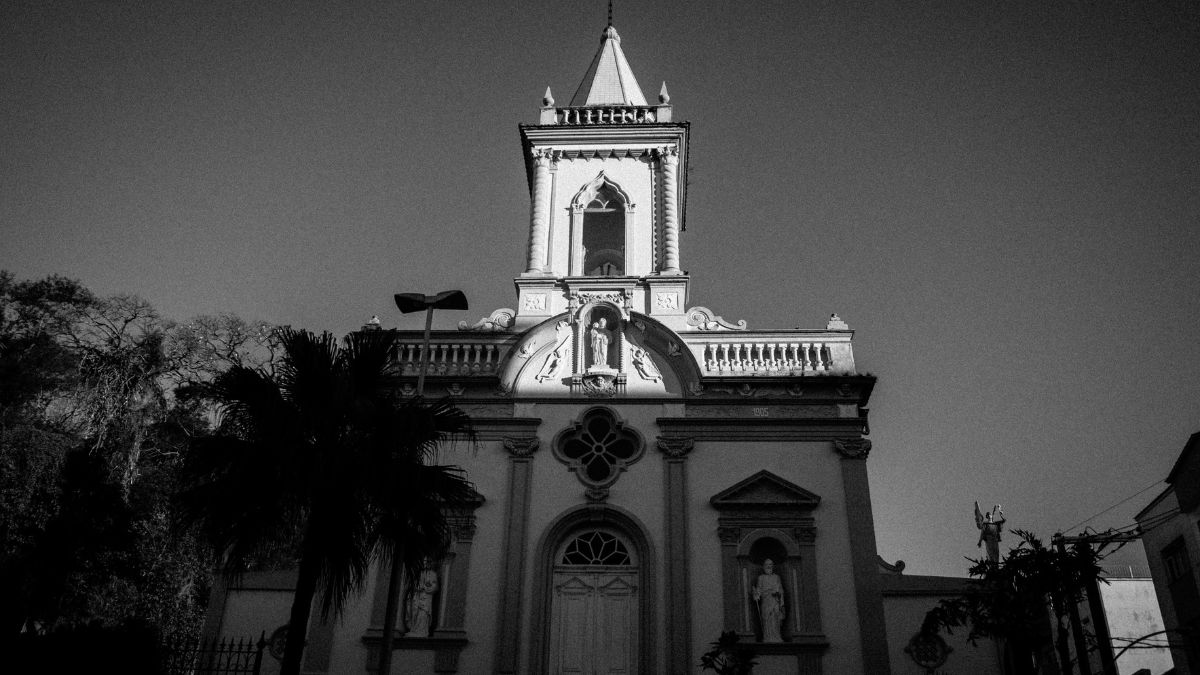Kalidasa (Classical Sanskrit Literature)
Kalidasa (Classical Sanskrit Literature)
The Brazilian Empire: A Rare New World Monarchy

The Brazilian Empire: A Rare New World Monarchy
In the annals of history, where tales of empires and kingdoms predominantly echo the grandeur of the Old World, the Brazilian Empire emerges as a resplendent exception, a majestic monarchy in the heart of the New World. This extraordinary empire, flourishing from 1822 to 1889, stands as a testament to the allure and spectacle of monarchical rule in a land far removed from the traditional seats of royal power.
The genesis of the Brazilian Empire is a tale steeped in drama and intrigue. It was born from the ashes of colonial Brazil, a jewel in the Portuguese crown, which, under the astute leadership of Dom Pedro I, declared its independence in a fervent cry of “Independência ou Morte!” (Independence or Death!). This was not merely a political shift; it was the birth of a new constellation in the global firmament, a monarchy in the Americas.
The reign of Dom Pedro I was a canvas painted with the vibrant hues of reform and the somber shades of conflict. A monarch of fiery temperament and progressive vision, Pedro I was a beacon of change. He crafted the Brazilian constitution, a document revolutionary in its blend of monarchical stability and liberal principles. His reign, albeit brief, laid the foundational stones upon which the empire would build its legacy.
Following Pedro I, the throne was graced by his son, Dom Pedro II. A monarch of a different mettle, Pedro II was a paragon of enlightenment and stability. His reign, spanning nearly half a century, was a golden era for Brazil. Under his sagacious rule, Brazil blossomed into a cultural and economic powerhouse. The Brazilian Empire, under Pedro II, was a beacon of progress, a land where arts, science, and industry thrived harmoniously.
The empire’s grandeur was not confined to its political and economic achievements. It was a cultural cauldron, a melting pot of Indigenous, African, and European influences, creating a society rich in diversity and vibrant in its expressions. The Brazilian court became a nucleus of intellectual and artistic activity, attracting luminaries from across the globe. The empire was not just a political entity; it was a celebration of the human spirit in all its myriad forms.
However, like the most enthralling of epics, the Brazilian Empire had its share of shadows. The specter of slavery loomed large over its accomplishments, a blemish on its storied tapestry. The empire’s eventual abolition of slavery in 1888, though a monumental stride towards justice, came at a tumultuous cost, contributing to its downfall.
The demise of the Brazilian Empire in 1889 was as dramatic as its birth. A military coup, motivated by a mélange of internal conflicts and external pressures, brought an abrupt end to this magnificent monarchy. The empire gave way to a republic, and an era of regal splendor came to a close.
Yet, the legacy of the Brazilian Empire endures. It lives on in the heart of every Brazilian, in the streets of Rio de Janeiro and São Paulo, in the echoes of samba and the vibrant colors of Carnival. It remains a symbol of a time when a New World nation dared to dream in the language of kings and queens, creating a saga that continues to captivate and inspire.
In the grand tapestry of world history, the Brazilian Empire shines as a rare gem, a New World monarchy that defied conventions and etched its name in the annals of time with indelible grace and splendor.